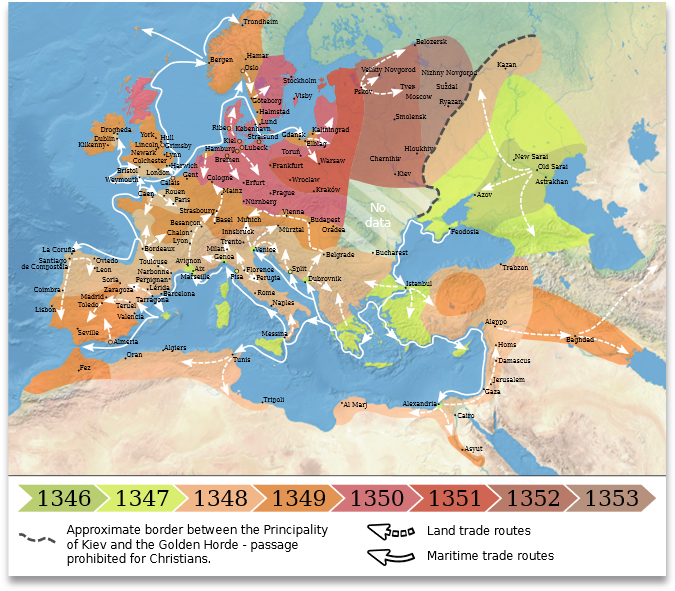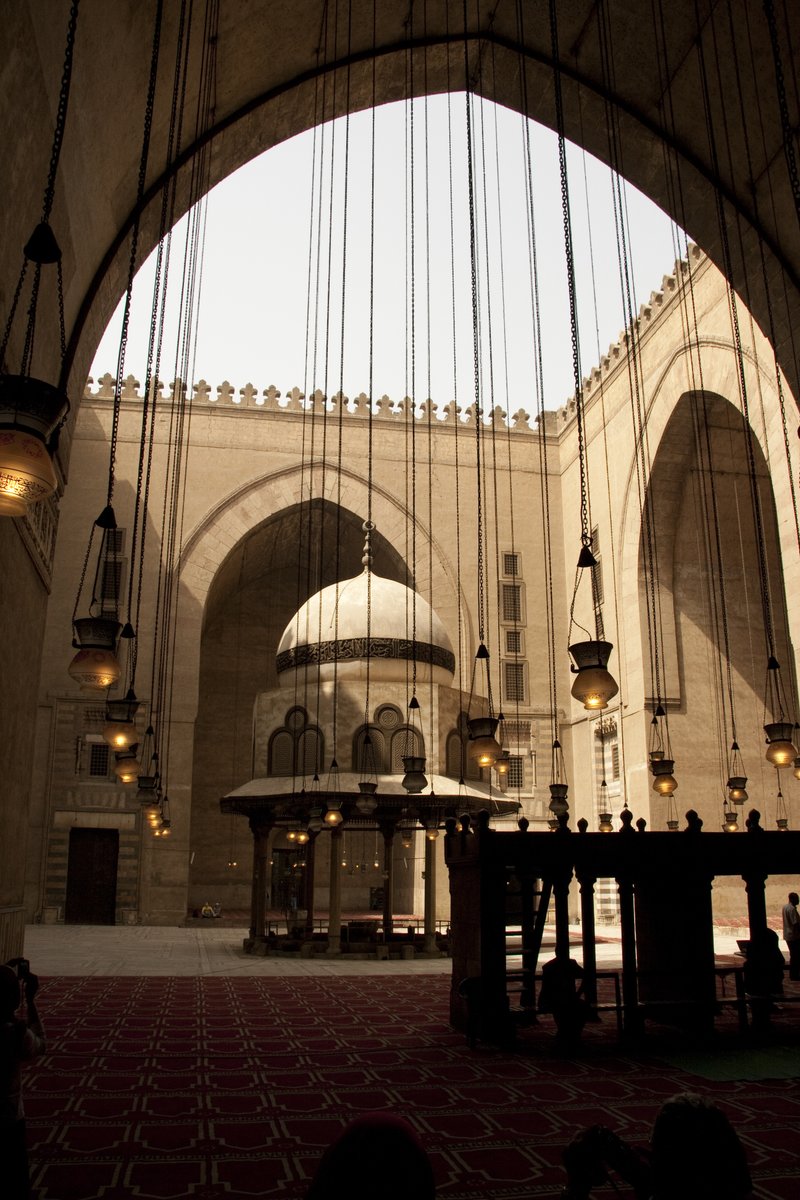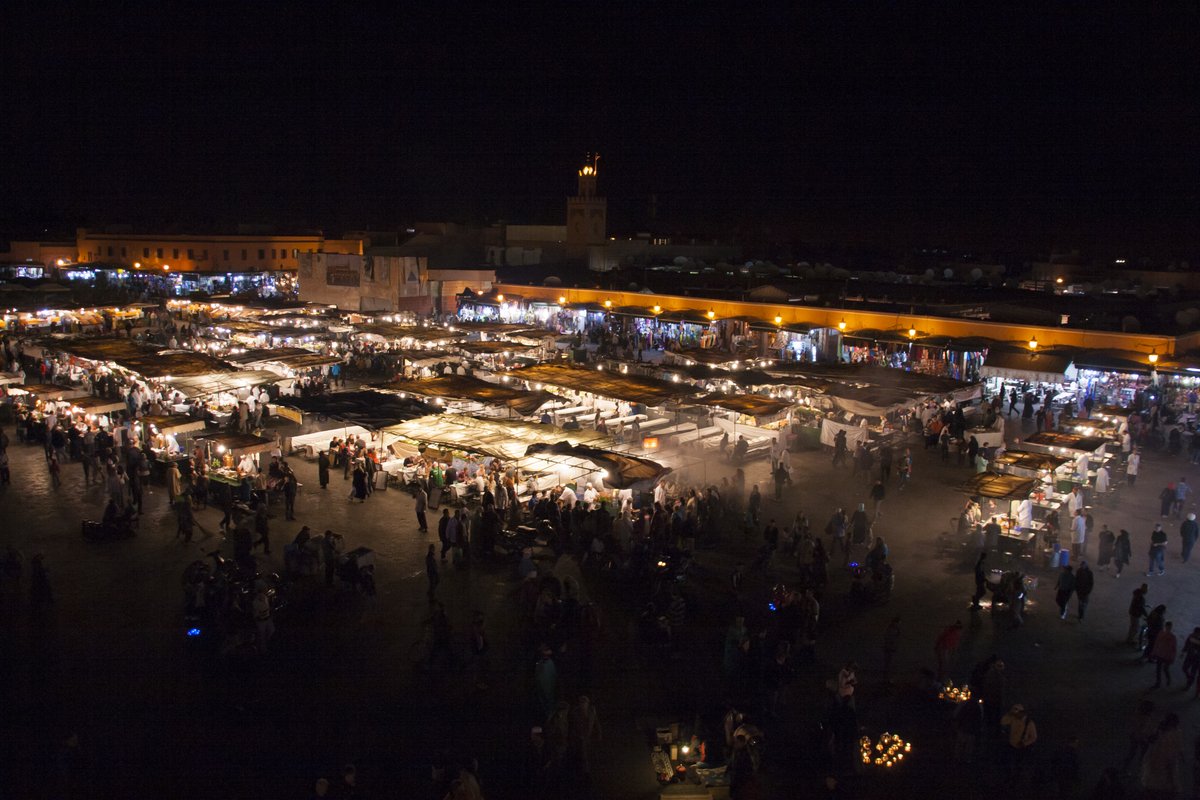Swenson's argument was that the four social stages seemed prevalent to human society, but, of course, that's a big leap--society isn't always one-size-fits-all. Changing gears, let me discuss the scholarship on #epidemics in the Islamic world. (1/28)
#histmed #tweetistorian
#histmed #tweetistorian
Let me start with two caveats. First, the material in this thread isn't the heart of my own work--it's been a while since I've reviewed a good portion of this literature, and I might slip up once or twice. Apologies in advance. (2/28)
Second, I've never understood the slash-and-burn approach that some junior scholars take toward their predecessors. Actually, that's a lie. I understand it - it comes from pressure in the academy to do something New and Revisionist, to set the record straight, as it were. (3/28)
The fact that someone in the next generation will do this to us, too, is ... well, you see where I'm going.
So, while I may take issue with part of someone's argument here, or critique their work there, I also recognize that without their work, mine wouldn't exist. (4/28)
So, while I may take issue with part of someone's argument here, or critique their work there, I also recognize that without their work, mine wouldn't exist. (4/28)
The study of disease in the southern and eastern Mediterranean has long been conducted through a European lens.
Your world history textbook probably had (or still has) a map of the Black Death (1346-1353) that looks like this. (5/28)
Your world history textbook probably had (or still has) a map of the Black Death (1346-1353) that looks like this. (5/28)
What's missing, of course, is every part of the world that isn't Europe or Europe-adjacent. I often contribute to @askhistorians on Reddit, and at least once or twice a month, someone asks if the Black Death affected other parts of the world. (6/28)
And, indeed, it did! In fact, plague is prominently written into the urban fabric in some places. Just two examples (because I've already made this thread much longer than it was when I started ... ) (7/28)
The Madrasa of Sultan Hassan, Cairo (1346-63). Construction never ceased, even during the Black Death when thousands of people died every day (Cairo lost at least 1/3 of its population). (8/28)
The teenaged sultan bankrupted the country building the madrasa and reportedly wouldn't let work stop even at the height of the outbreak. He was assassinated in 1361; the tomb in the complex that was built for him lies empty. (9/28)
Jemaa el-Fna, Marrakech. As long as Marrakech has existed, this large open space has existed-unusual in a walled city. Legend has it that construction on the space was ordered twice. Plague struck both times, at which point it was decided that God wanted it left alone. (10/28)
People who work on the Black Death and plague in the Islamic World whose work you should check out include @monicaMedHist @jacobinoire, Nukhet Varlik (not #onhere), Sam White (Ohio State), and--more broadly--Miri Shefer-Mossensohn, addition to those mentioned below. (11/28)
However, even beyond just the mere consideration of the world beyond the European littoral, studies of disease and its impact in Islamic world were often conducted using European/American science as a de-facto point of reference. (12/28)
It really isn't until we get to Lawrence Conrad, Michael Dols, Stuart Borsch, and LaVerne Kuhnke--all of whom wrote in the 1980s or later--that sources in Arabic, Persian, Turkish, etc. were employed in research on the topic. (13/28)
By this point, however, there was a prevailing narrative in the literature that couldn't be ignored, which holds that Muslims--generally--were passive in the face of epidemic diseases such as the plague. (14/28)
This is often linked to an apocryphal hadith (saying of the Prophet Muhammad)--which probably dates from the Abbasid period (at least 150 years after his death) saying that those who die of plague will receive the same reward in heaven as those who die in military jihad. (15/28)
I cannot prove that this hadith was taught in the universities where British colonial officials were trained before being sent off to postings, but a surprising number of them seem to know it. (16/28)
The upshot of this is that, the analysis goes, when plague hit, "Muslims" would do ...well, nothing. They carried on with their lives. Or they'd barricade themselves in houses (usually described by foreign observers as "dirty"). (17/28)
I have "Muslims" in quotation marks because, if religious minorities in these areas were behaving differently than the Muslim majority, it doesn't seem to have attracted much comment. (18/28)
The point is that they weren't doing something they were "supposed" to be doing, and to be perfectly honest I've never quite understood what. Especially given that, when faced with the plague, European peasants behaved pretty much the same. (19/28)
Plague was incurable until the advent of antibiotics. Most cases resulted in death. No one knew where it came from. What, a reasonable person could be forgiven for asking, was someone *supposed* to do when they heard of an outbreak?
You get the point. (20/28)
You get the point. (20/28)
Michael Dols has an entire section in his book on the Black Death in the Middle East about "folk religion" and "magic" measures that were seen in medieval Egypt and Syria--talismans, prayers, etc., to ward off illnesses. (21/28)
Note: I'm not a fan of the term "folk religion"--the people themselves would have considered these Islamic practices, and they were using Islamic scriptures and prayers to invoke divine protection. (22/28)
Quibbles about nomenclature aside, while these measures may be medically useless, they're not *passive*--especially given the absence of an effective treatment, prevention, or cure. People did not want to die of the plague, full stop. (23/28)
The other facet of this is the oft-repeated assertion that Islam denies the existence of contagion. I won't go into this in detail, since @kaohu11 literally wrote the book on this (and I have difficulty with intangible concepts). (24/28)
However, it's worth noting that contagion--as it was understood--was not synonymous with person-to-person transmission. Ibn Sina' mentions it in the Canon. Several Abbasid-era scholars did, too, as did Isadore of Seville and Tommaso del Garbo of Bologna. (25/28)
Girolamo Fracastoro gets all the credit, but he was building on the work of others, too. (For the record, he never claimed otherwise.)
The point being: yes, Muslims in the early modern world understood that they could contract illnesses from other people. (26/28)
The point being: yes, Muslims in the early modern world understood that they could contract illnesses from other people. (26/28)
The reason I mention all of this is that, as you'll see in the coming days, all of this gets dredged up by colonial administrators in the region to both blame people in Egypt (and India) for not understanding modern hygiene ... and to deny paying to provide them with it. (27/28)
That's enough for one day. Tomorrow, on to the fascinating history of public health in the Nile Valley! (/fin)
~csr
~csr

 Read on Twitter
Read on Twitter




